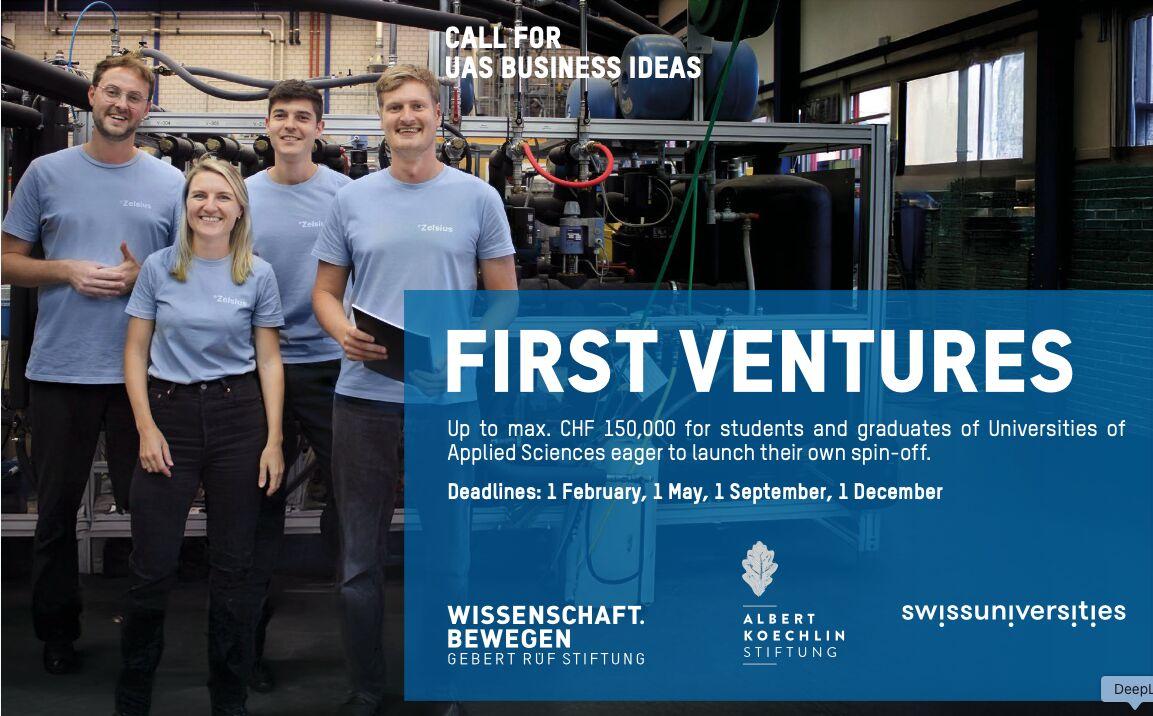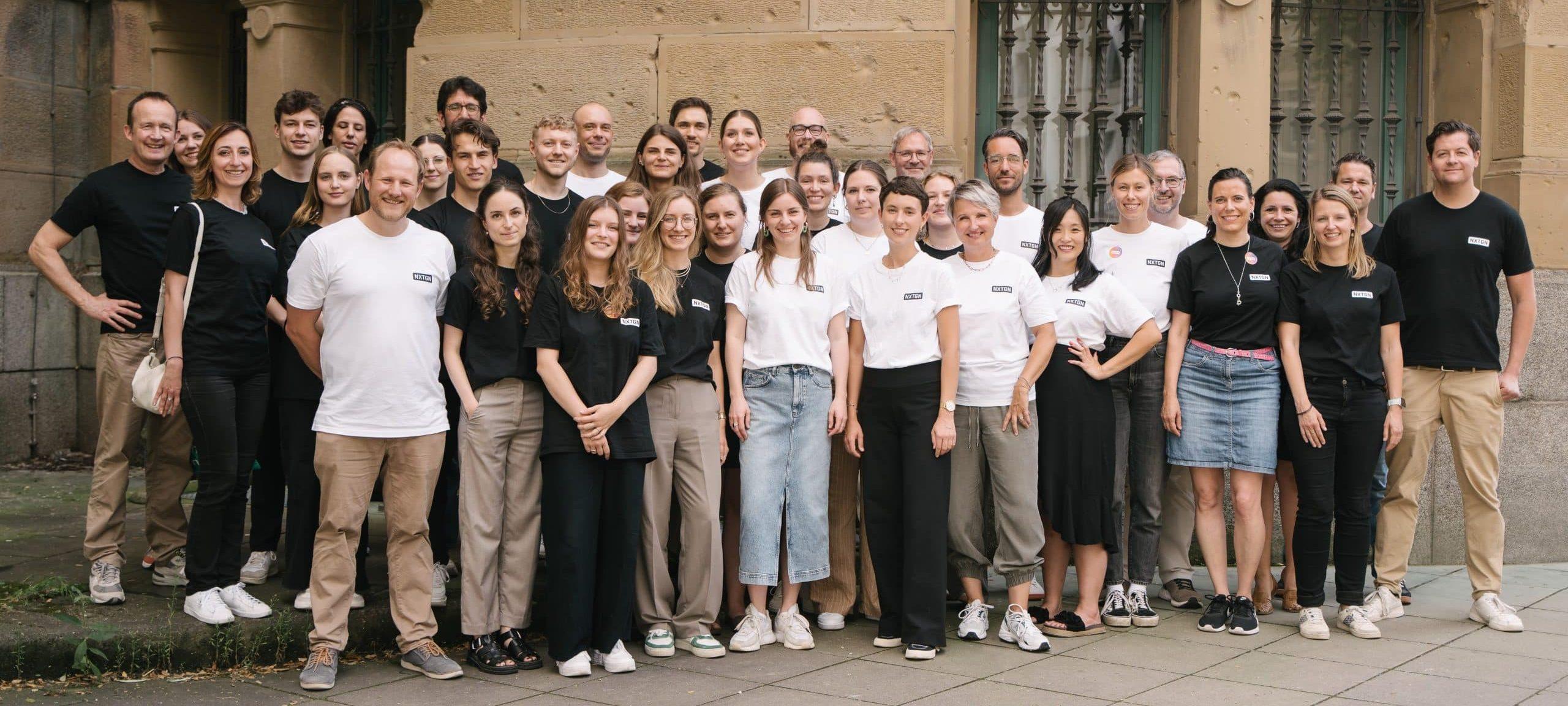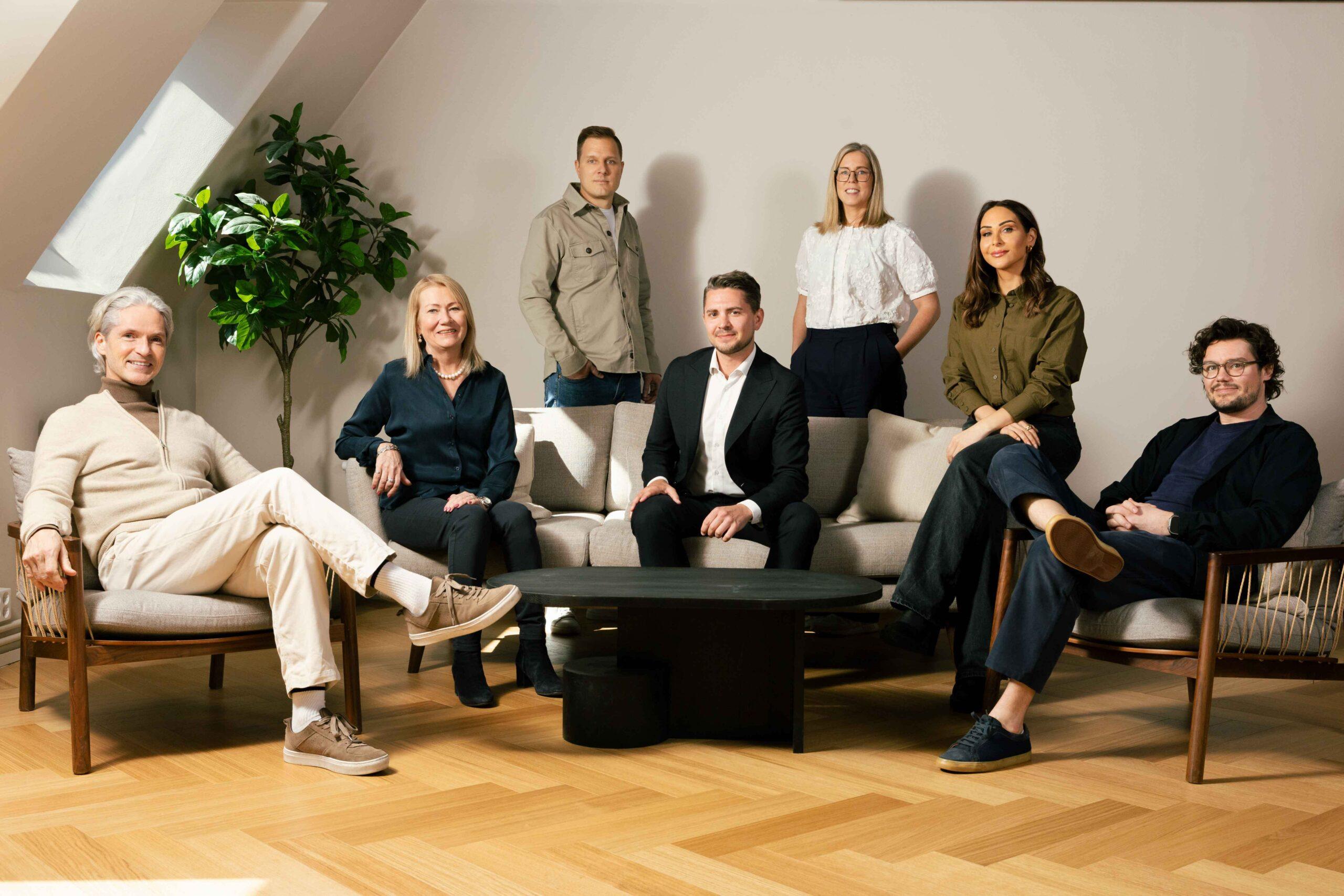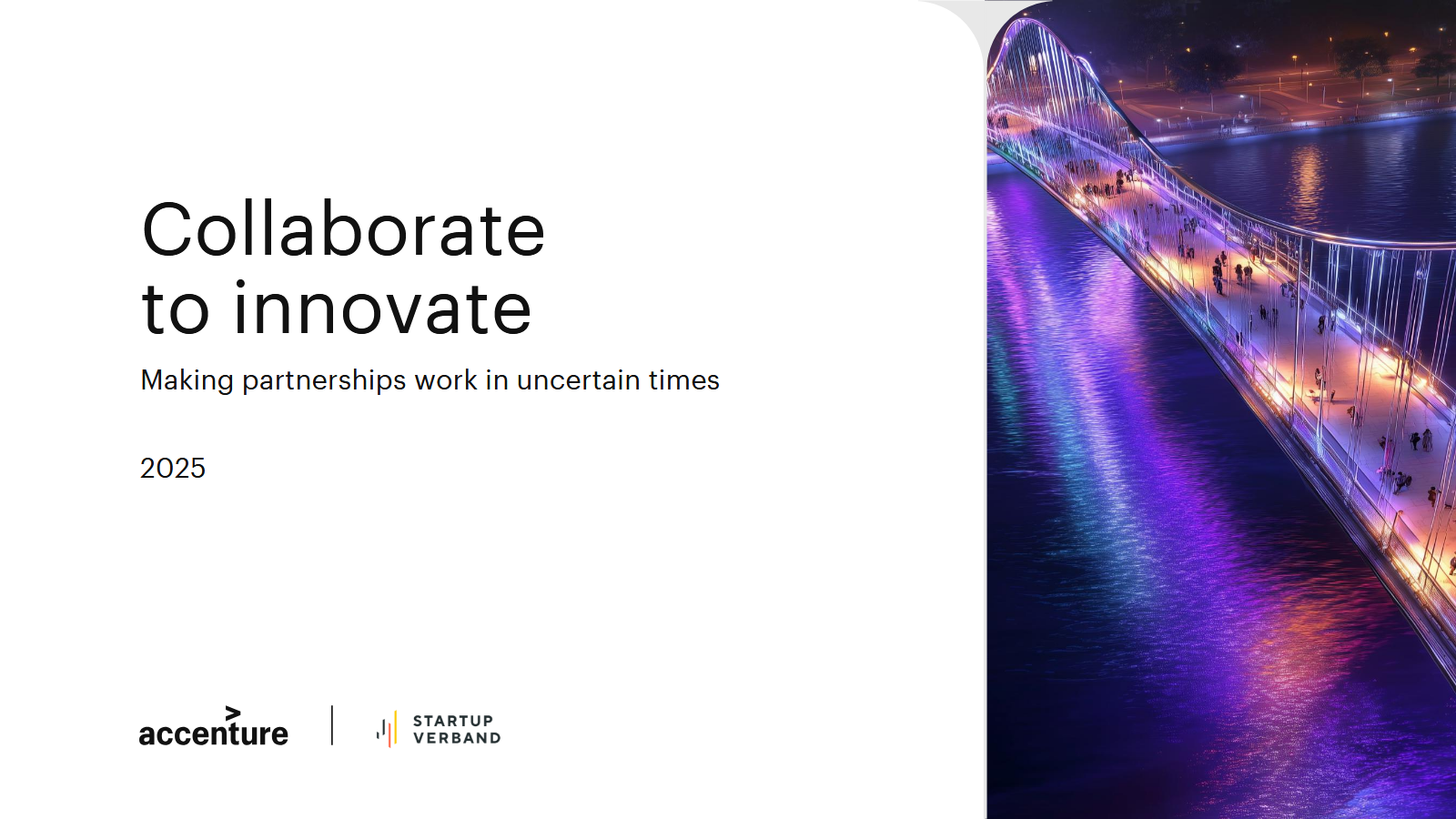Venture clienting as a communication opportunity for start-ups
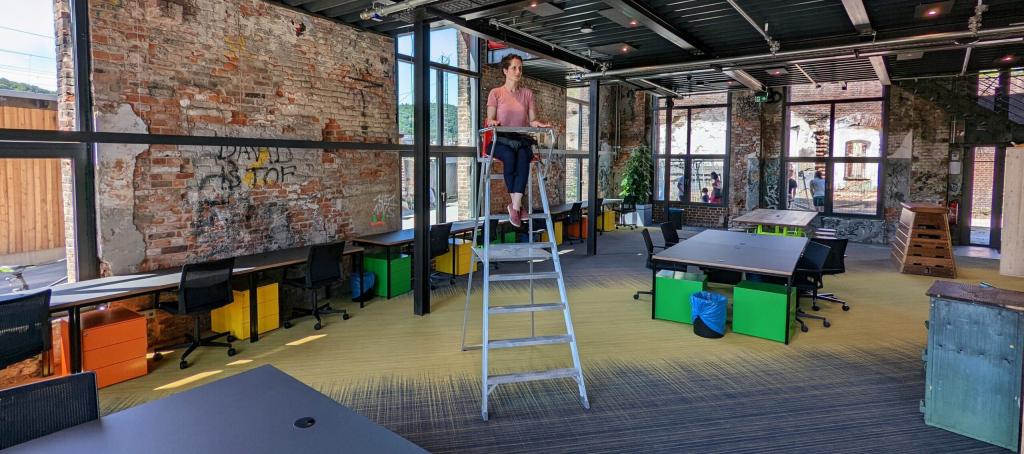
In recent years, venture clienting has developed into an effective innovation tool for large companies. It enables corporations to integrate fresh ideas and technological solutions directly from the start-up world without having to invest in them straight away. For start-ups, on the other hand, it offers a rare opportunity. Access to a real customer at an early stage, relevant and with direct feedback. However, in addition to the economic and product-related components, there is another, often underestimated added value: the communicative learning opportunity in dealing with corporates.
Two worlds collide
A major problem in the relationship between start-ups and corporations lies in the structural and cultural difference between the two worlds. Start-ups are often fast, flexible and solution-oriented. Decisions are made on the fly, prototypes are developed within days and pitches are adapted spontaneously. Speed is not just an advantage, it is essential for survival.
On the other hand, there are corporations that rely on processes, safeguards and coordination across several levels. Every step is carefully prepared, decisions are often the result of political and technical considerations that often affect several departments. Documentation, legal checks and coordination loops are standard.
What initially appears to be an insurmountable contradiction, on closer inspection offers an enormous learning opportunity for start-ups, especially in the context of venture clienting.
Communication skills as an underestimated success factor
One point that has so far received little attention in the discussion surrounding venture clienting is the communication skills of young founders when dealing with corporations. Yet it is precisely this ability that can determine the success or failure of a collaboration. Many founders come from technical or creative backgrounds and have little or no experience with corporate structures. They simply do not know how to communicate in this environment.
But this is exactly where venture clienting comes in: In the best case scenario, the process is accompanied by a dedicated venture client unit within the group. This means that the startup not only gains access to the corporation as a client, but also receives a kind of training in dealing with the corporate reality and the habitus of a large corporation.
Three key learning opportunities for start-ups
Venture clienting offers startups the opportunity to grow communicatively and build up structural skills that are important beyond the current project:
1. learning through mentoring & understanding corporate communication
The Venture Client Unit in the Group acts as an interface between startups and corporate. It helps to understand processes, find contacts, clarify expectations and interpret communication correctly. For founders who have previously only worked in the startup environment, this is often their first contact with corporate realities and a valuable but critical learning moment.
2. anchoring the experience
What is learned in the first venture clienting project can be permanently anchored in the startup. This applies not only to the communication itself, but also to expectation management, internal preparation for corporate projects and the ability to strategically prepare complex contexts. This competence will be invaluable in future pitches or negotiations with other major customers.
3. positive expectation management, also for the corporate side
A better understanding of processes, language and expectations on the corporate side will enable the startup to make realistic offers and adhere to clear timelines. This in turn makes it easier for the corporate side to implement internally and significantly increases the project's probability of success.
Prerequisites for a successful learning process
In order for the communicative learning curve in venture clienting to actually succeed, a number of prerequisites must be met. Three points are particularly important:
1. open communication about challenges
Both sides, startup and corporate, must be prepared to openly name communication problems. Friction should not be seen as a failure, but as an opportunity for further development. Only when difficulties are visible can they be worked on.
2. understanding starts with onboarding
At the beginning, the Group has a duty: the Venture Client Unit must actively bring the startup into the company, make expectations transparent and provide structure. However, as the process progresses, the responsibility lies primarily with the startup. It must learn to understand the corporate need, speak the corporate language and use the communication channels effectively.
3. regular feedback formats
Feedback is the driving force behind any further development, especially in communication. Regular meetings in which both sides openly discuss the current status of the collaboration help to identify and resolve misunderstandings at an early stage. These formats should be an integral part of every venture clienting process.
In the feedback rounds, space should be explicitly created for an exchange about communication differences and the resulting hurdles. It is important to understand this: The learning curve is one-sided for the startup! It can gain valuable insights for future dealings with corporations, but it has neither the task nor the opportunity to change the communication structures of the corporation!
Communication strength as a competitive advantage
Venture clienting offers start-ups far more than just access to a major customer or valuable feedback on the product. It opens the door to a corporate world in which many start-ups fail. This is not because their product is bad, but because they have not mastered access in terms of language, structure or strategy.
Startups that are willing to learn from the process can develop a skill that is otherwise only built up through years of corporate experience: the ability to communicate on an equal footing with large companies. In a world in which innovations are increasingly created through collaboration between start-ups and corporations, this ability is becoming a decisive competitive advantage.
More about this
Venture Clienting

Newsletter
Startups, stories and stats from the German startup ecosystem straight to your inbox. Subscribe with 2 clicks. Noice.
LinkedIn ConnectFYI: English edition available
Hello my friend, have you been stranded on the German edition of Startbase? At least your browser tells us, that you do not speak German - so maybe you would like to switch to the English edition instead?
FYI: Deutsche Edition verfügbar
Hallo mein Freund, du befindest dich auf der Englischen Edition der Startbase und laut deinem Browser sprichst du eigentlich auch Deutsch. Magst du die Sprache wechseln?

